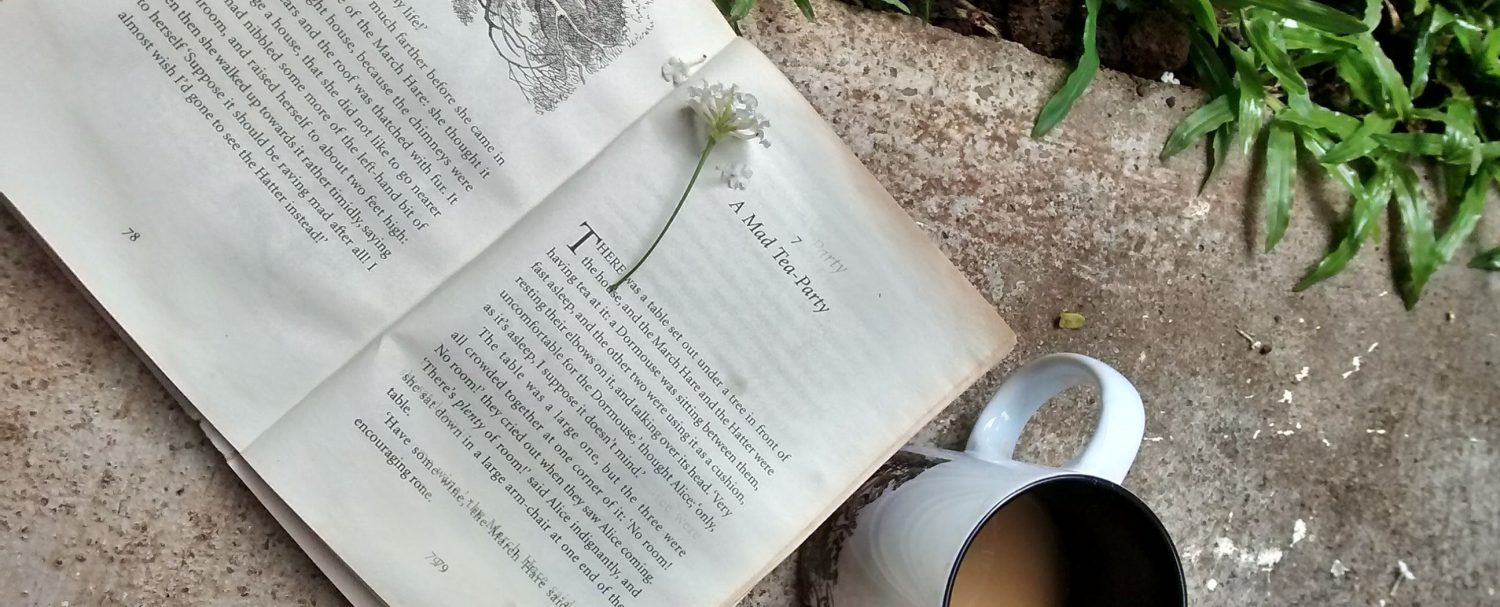So I went to watch Gully Boy last night. In brief, I was interested in the film because it promised to be something different from the usual and Zoya Akhtar’s films are decent and usually experimental. The good reviews helped. Anyhow, that’s not what’s important here.
Watching films, for me, is best enjoyed in company. The experience feels incomplete if I don’t have someone to share with, someone to discuss insights with, or if the film is too shitty, someone to roast it with. So by that regard watching a film in the cinema should have been awesome for reasons more than the large screen and high definition sound. However, that’s not how it went. In fact, it’s a pattern I’ve been noticing for a while now.
Bollywood or the Hindi film industry has increasingly been on an experimental streak such that making films on erstwhile unexplored themes has become commonplace (thankfully). It’s safe to say that there are now more choices for people to be able to actually choose. And I am a sucker for anything new or radical. So back to the film in question, Gully Boy promised to lay open the hip hop scene in India which emerged in Mumbai’s streets, by people who weren’t born into privilege. And what’s better than doing it through an entertaining film? And entertaining it was. In fact, it was so entertaining that my fellow movie watchers couldn’t help but laugh at every other scene, all the while I was cringing and clutching my seat hard so as to not react violently. No, it wasn’t the film I was cringing at. Now, a little context here, I went to watch the film in a late-night show on a Monday with my parents in a theatre nearby which was full of people like us, middle-class to upper-middle-class folks with money to spend and a couple of hours to kill for entertainment. There were mostly families and young people. So yeah, the irony wasn’t lost on me. Us, a bunch of privileged people watching a film created by privileged people on the underprivileged. However, this fact was reinforced in a really horrifying way when I heard the audience around me laugh at what were actually instances of other people’s distress. I just can’t comprehend in what world a woman crying hard begging her parents to let her continue her education to become a surgeon rather than marrying her off would be funny. How could it possibly be funny to see a grown-up woman be beaten up by her mother for expressing the wish to have a social life beyond work and studies? Their laughter shook me. Some of those laughing were young women belonging to the same age group as me and Alia Bhatt’s character on screen. It could’ve been any of us in that situation, being prevented from further study for marriage. How can we have become so insensitive? I felt ashamed of being a part of that group of people there. Of being associated with them in any way. I felt the urge to get up and yell at these people, to curse at them. Is everything just a matter of entertainment, a series of giggles and laughs?
A lot of people would tell me to just chill and learn to take a joke. Maybe I am being excessively critical and maybe their laughter masked a sense of discomfort and relationality with the characters. But I don’t think I am completely imagining the apathy. I sense it developing inside myself too. And that scares me beyond measure. I guess that is what coming from privilege means, being impervious to problems that don’t directly affect us.
Featured Image Source: Flickr

